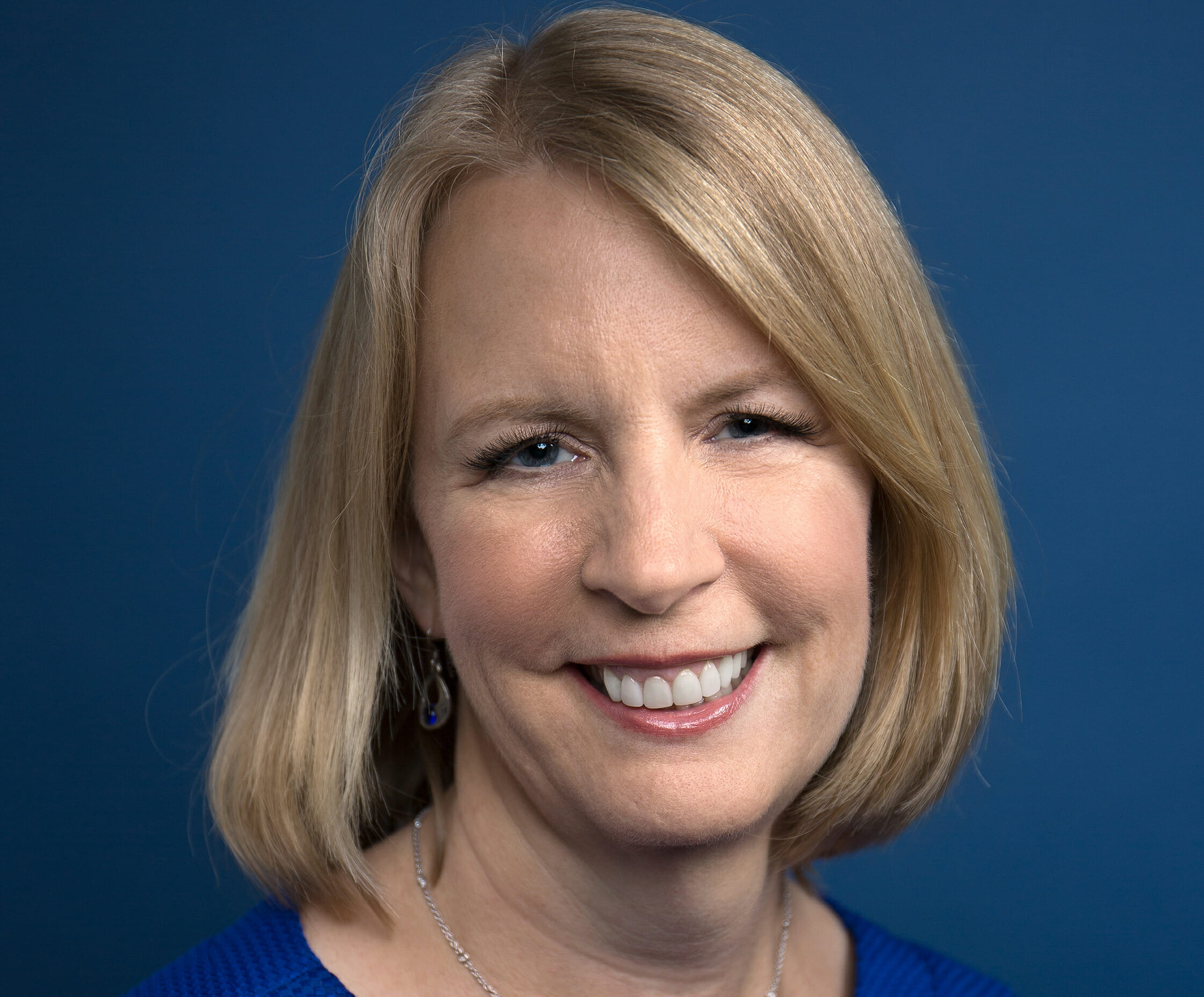
Liz Weston: Can your employer cure your money woes?
Millions of Americans get their health insurance and retirement accounts through their employers. Now some are getting help with their debt.
Companies including insurer Aetna and accounting firm PwC help employees pay down student loans. Others partner with startups to offer debt solutions as an employee benefit. Among the approaches:
— MedPu t negotiates discounts on medical debt and offers interest-free loans that are repaid through payroll deductions.
— Brightside connects workers to debt consolidation loans and student loan refinancing.
— HoneyBee, PayActiv and TrueConnect , among others, provide payday advances or emergency loans so struggling workers can avoid the payday loan trap.
FINANCIAL STRESS TAKES A TOLL
Employers increasingly are aware that money worries can reduce productivity and increase absenteeism. More than half of the 1,600 full-time employees polled by PwC in 2017 reported feeling stressed about their finances, and human resources company Mercer has estimated financial stress costs U.S. businesses up to $250 billion a year.
Debt appears to play a leading role in creating that stress. Seven out of 10 employers in a survey last year said that debt was the No. 1 financial challenge faced by their employees, according to the International Foundation of Employee Benefit Plans.
Programs to help workers pay student loans were among the first debt-focused employee benefits companies offered, but they’re still not common. More companies offer pet insurance (11 percent) than student loan assistance (4 percent), according to a 2018 survey for the Society for Human Resource Management. Employers that offer the benefit typically provide about $100 a month for a set number of years or with a lifetime maximum, often around $10,000. Insurance company Unum allows employees to transfer up to 40 hours of paid time off to student loan repayment.
STARTUPS FOCUS ON PAYCHECK-TO-PAYCHECK WORKERS
Employers know many of their workers are burdened by education debt, which has reached record levels. But employers may not know how many of their workers need emergency loans to make ends meet, says Ennie Lim , HoneyBee president and chief executive.
It’s not just the lowest paid who have trouble. The 35-day government shutdown that ended Jan. 25 highlighted the financial fragility of even better-paid workers, Lim notes.
“Federal workers were lining up at food banks because they were unable to cover their basic needs,” she says.
Twenty-two percent of HoneyBee’s borrowers last year earned less than $30,000, while 52 percent made between $30,000 and $50,000 and 26 percent were paid more than $50,000, Lim says. HoneyBee, like competitors TrueConnect and Salary Finance, offers small loans that can be repaid over time . PayActiv, meanwhile, allows employees to tap into wages they’ve already earned through payday advances.
Brightside does not loan money directly. Instead, it trains financial assistants to work with employees who have money issues, says Sophie Raseman, Brightside’s head of financial solutions. If someone needs a loan, the assistants can discuss the costs, risks and potential benefits of products the company has vetted, as well as offer alternatives, she says.
MedPut, meanwhile, audits medical bills for errors, negotiates discounts in return for prompt payment, then loans workers the money to pay the debt. The startup focused on medical bills since those can be a huge stressor for employees, says Harsha Puvvada, MedPut cofounder.
IGNORING FINANCIAL STRESS IS ‘LIKE BAILING A LEAKY BOAT’
MedPut, Brightside and HoneyBee were among the winners of this year’s Financial Solutions Lab, an initiative sponsored by the financial services company JP Morgan Chase & Co. and the Center for Financial Services Innovation, a nonprofit consultant focused on the financial health of struggling workers. FinLab highlighted companies that address financial health in the workplace, according to CFSI president and CEO Jennifer Tescher.
Many employers are focused on improving their workers’ physical health to reduce insurance costs but often ignore the financial stress that’s undermining physical wellness, Tescher says. That approach is “like bailing a leaky boat,” she says.
The workplace can be a good venue for debt help and education, because it’s where people get paid, have the opportunity to save for retirement and participate in other voluntary benefits, she says.
“Research and experience show that employers offer a ‘right place, right time’ dynamic for workers to deal with money,” Tescher says.
Of course, debt assistance programs have the same drawback as employer-provided health insurance and workplace retirement accounts: Not everyone has access, and even those who do could lose the benefit in the next layoff. But employer-provided debt assistance is potentially helpful enough, and the need is great enough, that more companies should consider offering it.
___________________________________
This column was provided to The Associated Press by the personal finance website NerdWallet. Liz Weston is a columnist at NerdWallet, a certified financial planner and author of “Your Credit Score.” Email: lweston@nerdwallet.com. Twitter: @lizweston.
RELATED LINK:
NerdWallet: Short on Cash? Employee Loans Are Alternatives to Payday Loans http://bit.ly/nerdwallet-explains-employee-loans
The Western Journal has not reviewed this Associated Press story prior to publication. Therefore, it may contain editorial bias or may in some other way not meet our normal editorial standards. It is provided to our readers as a service from The Western Journal.
Truth and Accuracy
We are committed to truth and accuracy in all of our journalism. Read our editorial standards.
Advertise with The Western Journal and reach millions of highly engaged readers, while supporting our work. Advertise Today.












